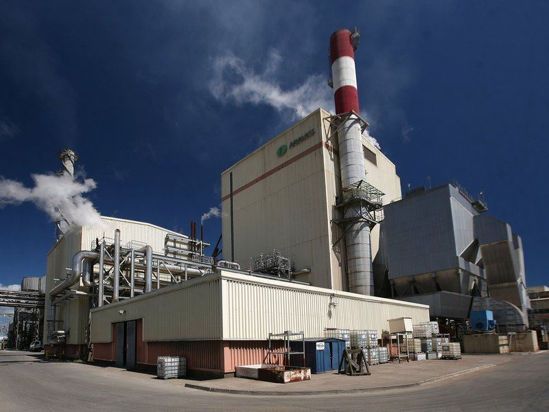Industry
- Biomass energy
Continent
- Latin America & the Caribbean
Country
- Chile
Vintage 
- CP2: 2013 or later
- PayPal or Credit Card
Sustainable Development Co-Benefits
Environmental
- Air
- Natural resources
| 1/2/2016 |  | 3 t |
| 12/31/2015 |  | 1 t |
| 12/20/2015 |  | 1 t |
| 12/8/2015 |  | 8 t |
| 12/5/2015 |  | 1 t |
| View all 7 | ||
4052
Horcones biomass power plant expansion project
7
Biomass energy projects generate heat and/or electricity by combusting organic matter like rice husks, animal waste, sawmill waste and palm oil waste. The energy produced powers and heats homes and industries, often using waste that would have otherwise been left to decay, releasing methane into the atmosphere and added bulk to landfills.





